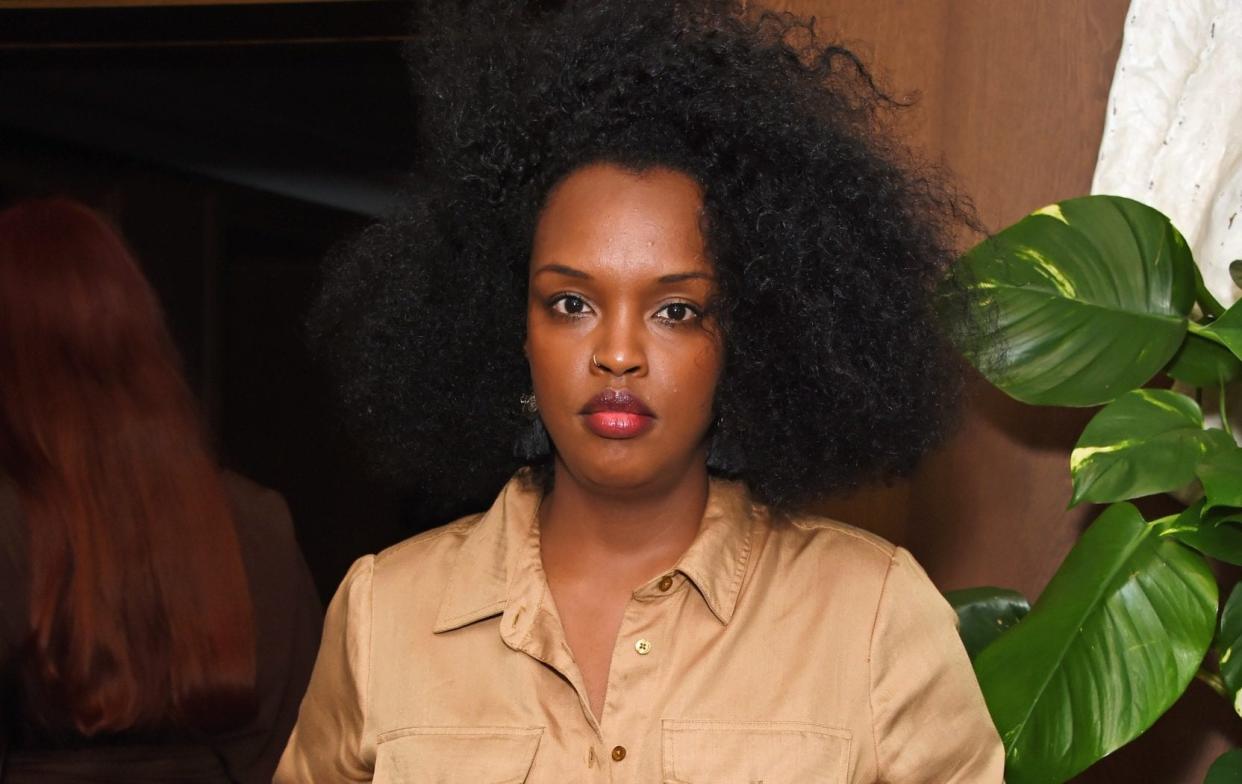Meet the women trying to stop an entire generation of girls being left behind

Imagine what the world would be like if every child received the education they deserved. The scientific breakthroughs we would achieve. The great enterprises that would be built. The works of art that would be created. “I believe that education is the single most powerful remedy for the problems of humanity,” says Boris Johnson in a video he posted on Twitter ahead of the Global Education Summit, being co-hosted by the UK and Kenyan government in London this week.
But if we really want to change the world for the better, girls' education is a great place to start.
Before Covid, 129 million girls worldwide were out of school; 32 million of primary school age, 30 million of lower-secondary school age, and 67 million of upper-secondary school age. The virus has been one of the biggest disruptors of education in history, forcing 1.6 billion young people out of school at its peak and exacerbating the existing learning crisis.
And according to UNICEF, an estimated 20 million girls in developing countries are likely to never return to school following the pandemic. An entire generation of girls could be left behind.
“Coronavirus forced us all to look in the mirror and it wasn’t nice,” says Dr David Moinina Sengeh, the minister of basic and senior secondary education for the government in Sierra Leone, at an event this week to tackle and celebrate the benefits of girls’ education.
He was joined by Helen Grant, MP for Maidstone and the Prime Minister’s new special envoy on girls' education, and Noella Coursaris Musunka, founder of the grassroots organisation Malaika, on a panel discussion chaired by Nimco Ali, a leading global FGM activist and an independent government adviser on tackling violence against women and girls.
“I talk a lot about improving safety for girls, because the gender-based barriers – forced early marriage, human trafficking, early and unintended pregnancy, and violence – that keep children around the world away from school are also linked to FGM,” Ali says.
“Having the privilege of talking to government ministers about investing in the future of Africa means girls can decide when they want to get married, who they want to get married to and how many kids they want to have. And that requires two things: education and employment. The UK has a pivotal role to play.”
Through Musunka, the world has already seen what an educated woman can do and achieve. Through her non-profit organisation founded in 2017, which empowers girls and their communities in the Democratic Republic of Congo in education and health, she has witnessed the benefit of “educating parents as well”.
“I don’t see how a girl will stay at school without her parents blessing,” says Musunka, who has a son and daughter. “If their parents do not understand the need for education or see the ripple effect it could have on the economy, we have a bigger issue to tackle.
“But this is work that has to be done in partnership with the government, to better resource grassroots organisations and to prioritise girls. We need educational centres where parents can also learn how to read, write and use 21st century technology.”
Otherwise, parents will fear that their children will outgrow them, Ali adds. “The only thing that separates some Africans in the diaspora from their parents [who still live back home] is quality education and the ability to work as women and hold our own money.”
Educating all girls, everywhere, is one of the smartest investments we can make.
This week, the UK 🇬🇧 & Kenya 🇰🇪 are co-hosting the Global Education Summit.
Together we will improve access to education for girls all around the world 🌍 #GES2021 #RaiseYourHand 👇 pic.twitter.com/a0NjzcegF6— Helen Grant (@HelenGrantMP) July 28, 2021
In May, the UK Government announced a £55 million programme for research into education reforms to turbo charge their efforts to get girls into school – improving girls’ access to education is a key part of the UK’s G7 presidency and at the heart of global efforts to build back better from the pandemic.
Money is one of the enablers to education, says Grant. “Both boys’ education and girls' education are important,” says Grant. “But in order to provide a minimum of 12 years of quality education for girls around the world, doing what we did before is not an option. That's why there needs to be a special focus.”


